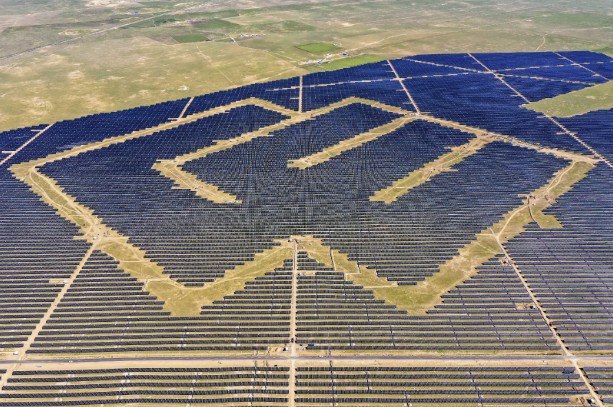By Samuel Ajala
The end of government fuel subsidies has spurred the theft of even more crude to feed the country’s illegal refineries
Nigeria has some of the world’s largest proven oil reserves, and crude plays a pivotal role in the Nigerian economy, with exports accounting for about 80% of the country’s revenue. However, the industry remains under serious threat from theft, experts say.
Crude oil theft has been on the rise in Nigeria since the government removed fuel subsidies. There was a reported surge in the crime soon after the legislation was passed, primarily in the oil-producing region of the Niger Delta, according to NNPC. Over 23–29 September, NNPC logged 170 documented occurrences of crude oil theft: 13 in deep waters, 45 in the country’s western region, 62 in the central region, and a significant 50 in the western region of the Niger Delta—painting a dire picture of how widespread the problem is.
In 2022, the CEO of the Nigerian Upstream Petroleum Regulatory Commission noted that oil theft has resulted in the declaration of force majeure at the Bonny Oil & Gas Terminal and the shutting-in of various wells from fields that connect to the Nembe Creek Trunk Line and the Trans Niger Pipeline.
Theft cost Nigeria 619.7m bl of crude worth NGN16.25t ($19.24b at current exchange rates) between 2009 and 2020, according to state agency the Nigerian Extractive Industries Transparency Initiative. Former petroleum minister Timipre Sylva admitted in 2022 that theft amounted to around 400,000b/d, and that volume has only increased since the removal of fuel subsidies.
Collateral damage
Ayodele Oni, a Bloomfield Law partner and legal adviser for NNPC, noted that crude oil theft continues to cause economic damage in Nigeria, consistently making it difficult for the federal government to meet its financial obligations—particularly in the areas of debt financing, fuel subsidies and execution of major capital projects. Ayodele said the scale of losses recorded from crude oil theft has created a hostile environment and discourages upstream investors. He added that it leads to operational shutdowns and lower production rates as well as reduced investment.
“A major disadvantage of the oil theft to the industry is that many operators have undertaken deliberate shut-in of wells, facilities and pipelines, which has further [contributed to] the low production of oil and gas. This damage has forced many companies to shut down production.”
“The ongoing issues with crude oil theft and insecurity in the Niger Delta region have deterred foreign investment in the country’s oil and gas sector” Oni, Bloomfield Law
“Crude oil theft has led to a decrease in the volume of oil produced in Nigeria,” Ayodele added. “Criminals tap into pipelines, siphon off crude oil, and disrupt the supply chain, resulting in a loss of revenue for the government and oil companies. This has a direct impact on Nigeria’s oil production levels.
The ongoing issues with crude oil theft and insecurity in the Niger Delta region have deterred foreign investment in the country’s oil and gas sector. This hampers efforts to modernise infrastructure, increase production capacity and develop the industry further.”
To reduce crude oil theft, he said the government must tighten the security around the Niger Delta region, where most of the illegal activities occur. He also suggested the deployment of modern technology to monitor pipelines and track crude oil theft and perpetrators.
Jide Pratt, a Lagos-based energy sector consultant, noted that every time a pipeline is broken it affects the flow rate and reduces production, directly impacting national revenues. This has resulted in the country not being able to capitalise on strong crude prices in recent years by maximising output.
“Crude oil theft must be nipped to zero, and the community heads and security outfits must now more than ever be committed to solving this persistent problem. The risks involved outweigh the perceived gains of this illegal act. A lot of views on legalising some of these illegal refineries come up, but in my opinion that energy should be focused on the legal modular refineries and not the illegality, which must be stopped to enhance our revenue from maximum production,” he concluded.
Source: Petroleum Economist









